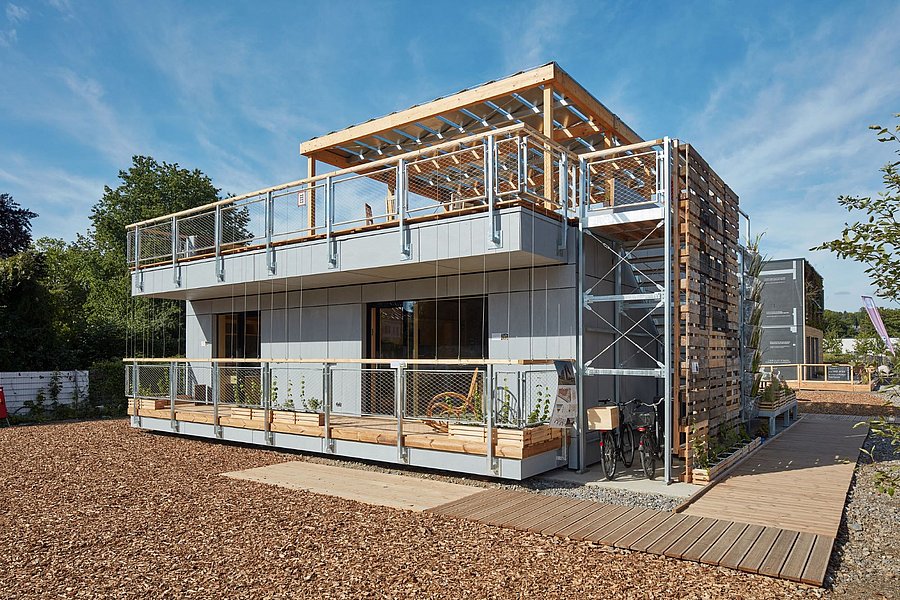The team
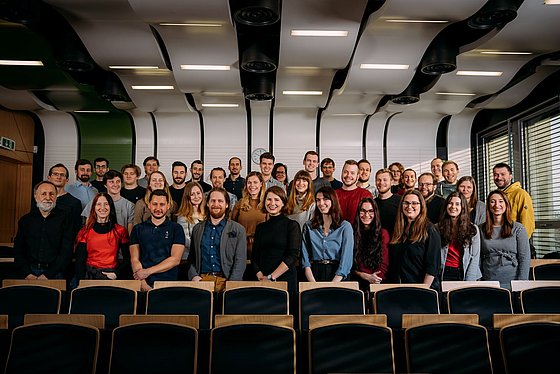
Team FIRSTLIFE
Team FIRSTlife consists of about 60 students in bachelor's, master's and doctoral study programmes mostly from CTU Faculties of Civil Engineering, Mechanical Engineering, and Architecture. The team members bonded through their mutual interest in sustainability in any form, any shape, employing any environmental aspect. A few of them participated in the U.S. Solar Decathlon 2013 where the team gained an overall third place and won the Architectural contest.
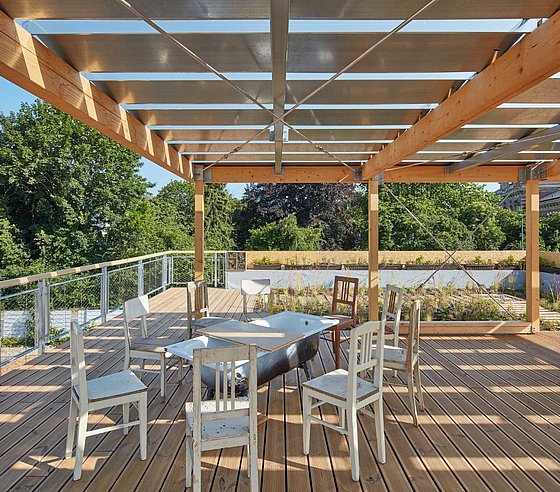
© Sigurd Steinprinz / BUW
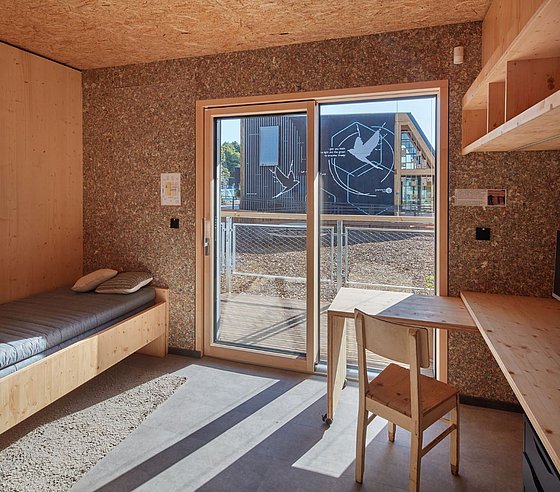
© Sigurd Steinprinz / BUW
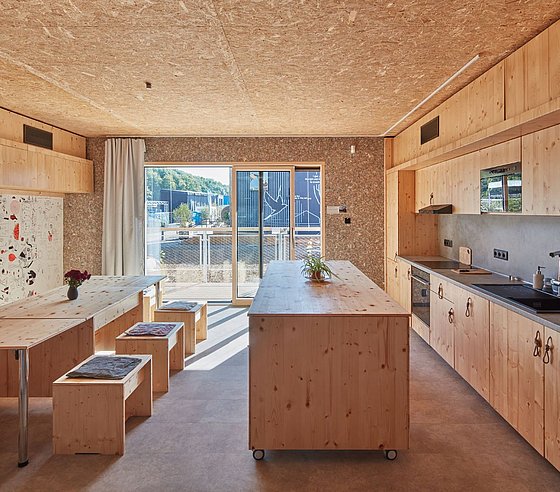
© Sigurd Steinprinz / BUW
The project
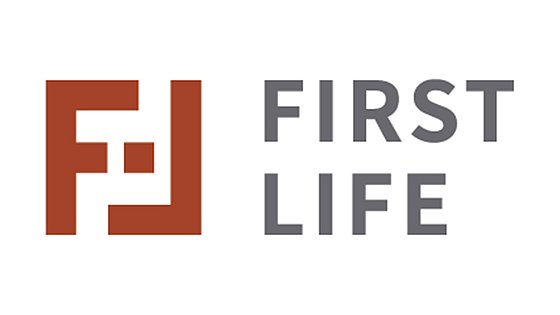
There is a general lack of student accommodation in Prague. The majority of the in the communist-era-built dormitory need improvements, especially to decrease the building energy consumption. Team FIRSTlife aims to tackle these challenges by developing a modular system enabling the additionof storeys on top of an existing student dormitory of Charles University in Prague called Větrník, builtin the '60s of the 20th century.
Materials for the structures are selected to have a small carbon footprint. The most important material of the team's House Demonstration Unit (HDU) is wood. The bearing structure is a timber two-by-four system. Wood fibreboards are used as the thermal insulation of the house. They also favour recyclable materials in their design.
A big issue is upcycling previously used products and modularity of the interior design to provide as much function with a given space. Non-load-bearing walls are made of slabs of pre-sorted municipal waste or paper and cardboard boards. The team uses old pallets for interior design.
At the core of the solution are photovoltaic panels with battery storage, an air-to-water heat pump and forced ventilation with heat and humidity recovery. The concept responds to the increasing need for grid-consumer interaction and Demand Side Management. The heat pump combined with an optimally sized storage tank, PV panels with batteries and a smart controller provides high control flexibility depending on the current state of the grid and the self-produced electricity in the PV panels.
The forced ventilation reacts to CO2 concentration and switches off when the windows open. Lamella photovoltaic panels are proposed, glued to the pergola structure on the roof. A total of 2.81 kWp of power is proposed, while a 2.5 kWh battery is used for storage. Vertical root zone wastewater treatment and green yet inhabitable roofs are an essential part of the design.
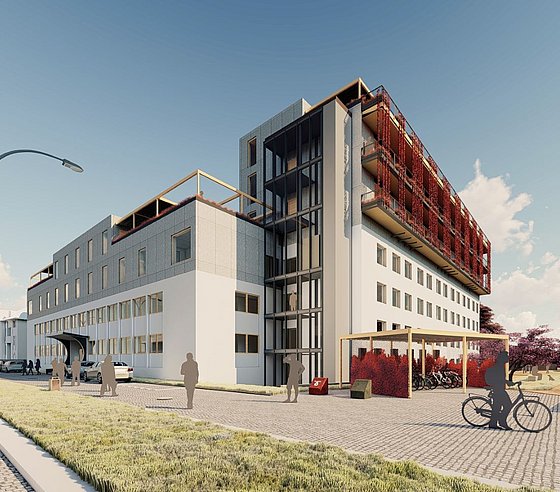
Visualisierung der Design Challenge
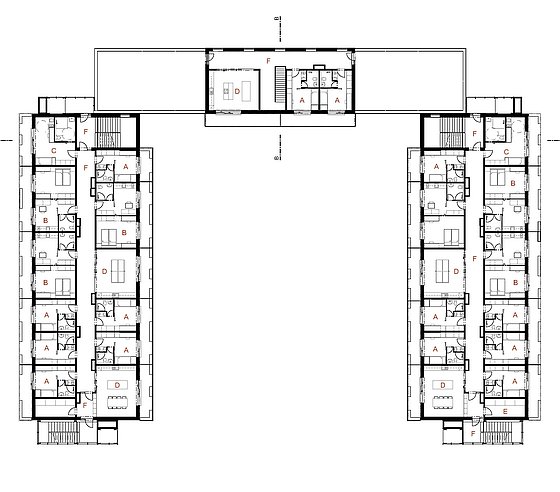
Grundriss Design Challenge
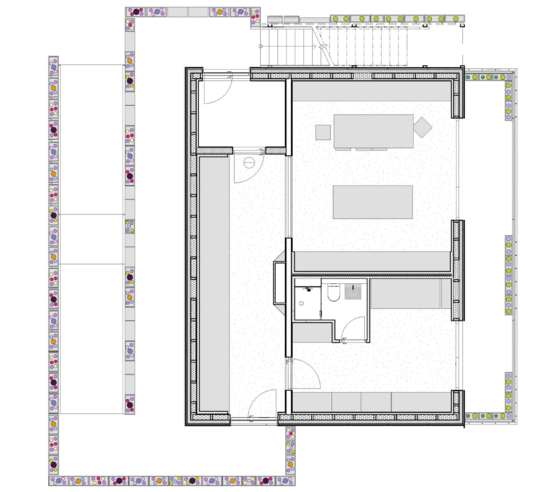
Grundriss HDU

